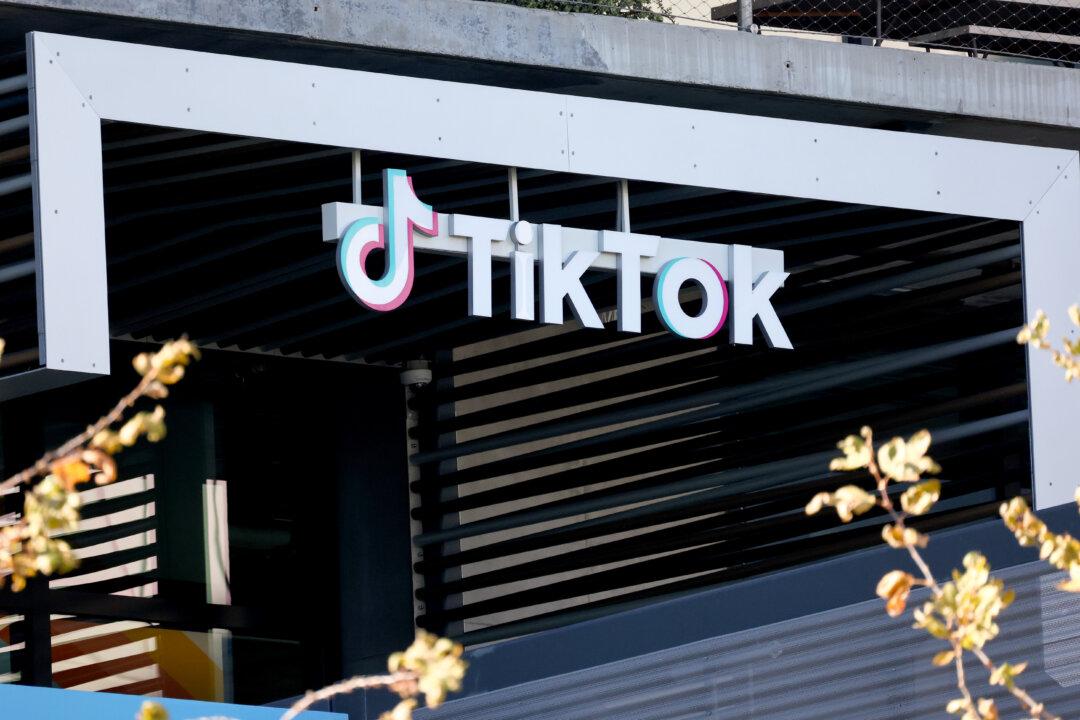WASHINGTON—TikTok’s launch of a new shopping platform is causing concern among some U.S. lawmakers because of the prospect of the Chinese-owned video-sharing app flooding the U.S. market with the e-commerce business.
TikTok, owned by the Beijing-based tech giant ByteDance, is reportedly expanding its e-commerce business by introducing a new program in the United States as early as August.





